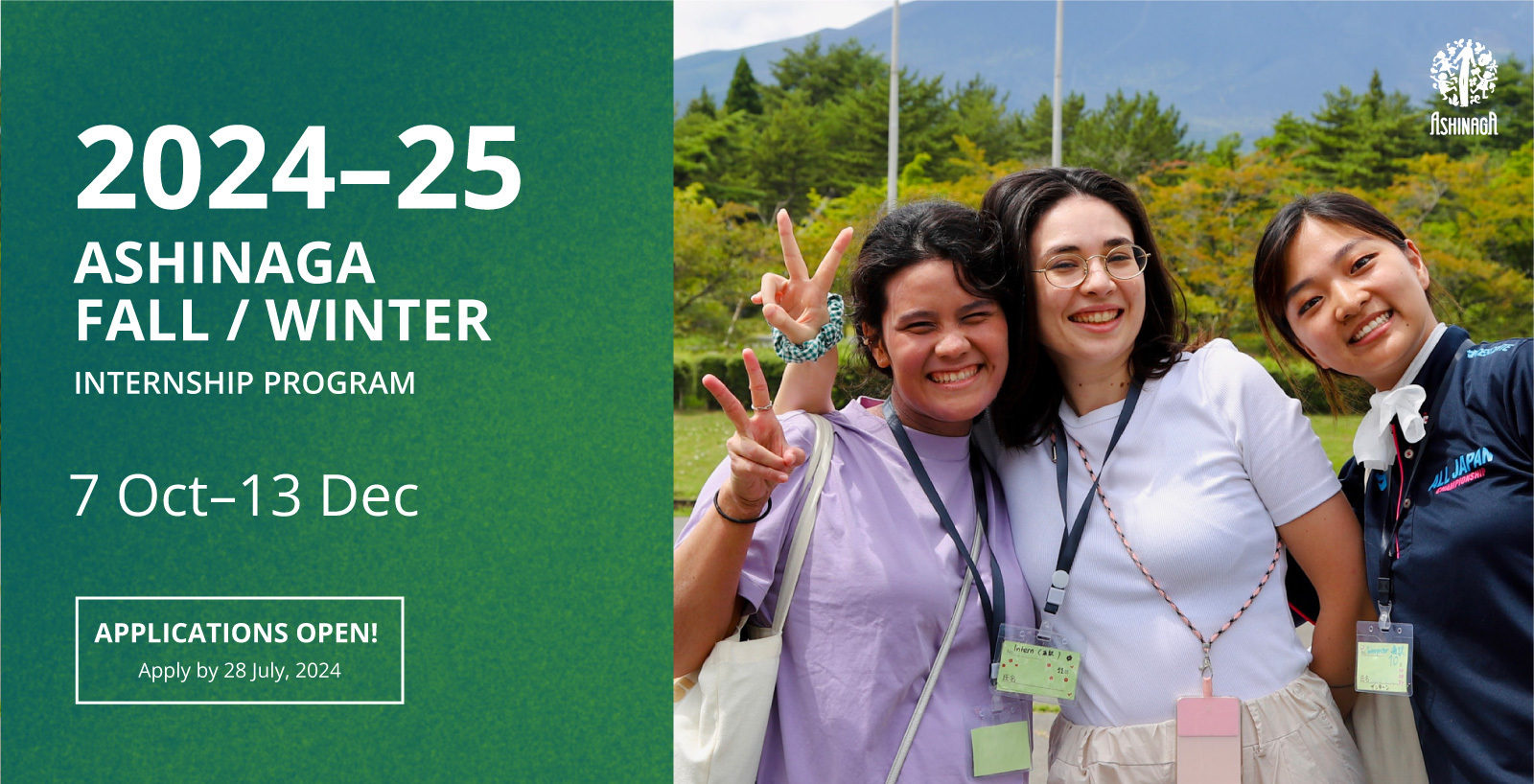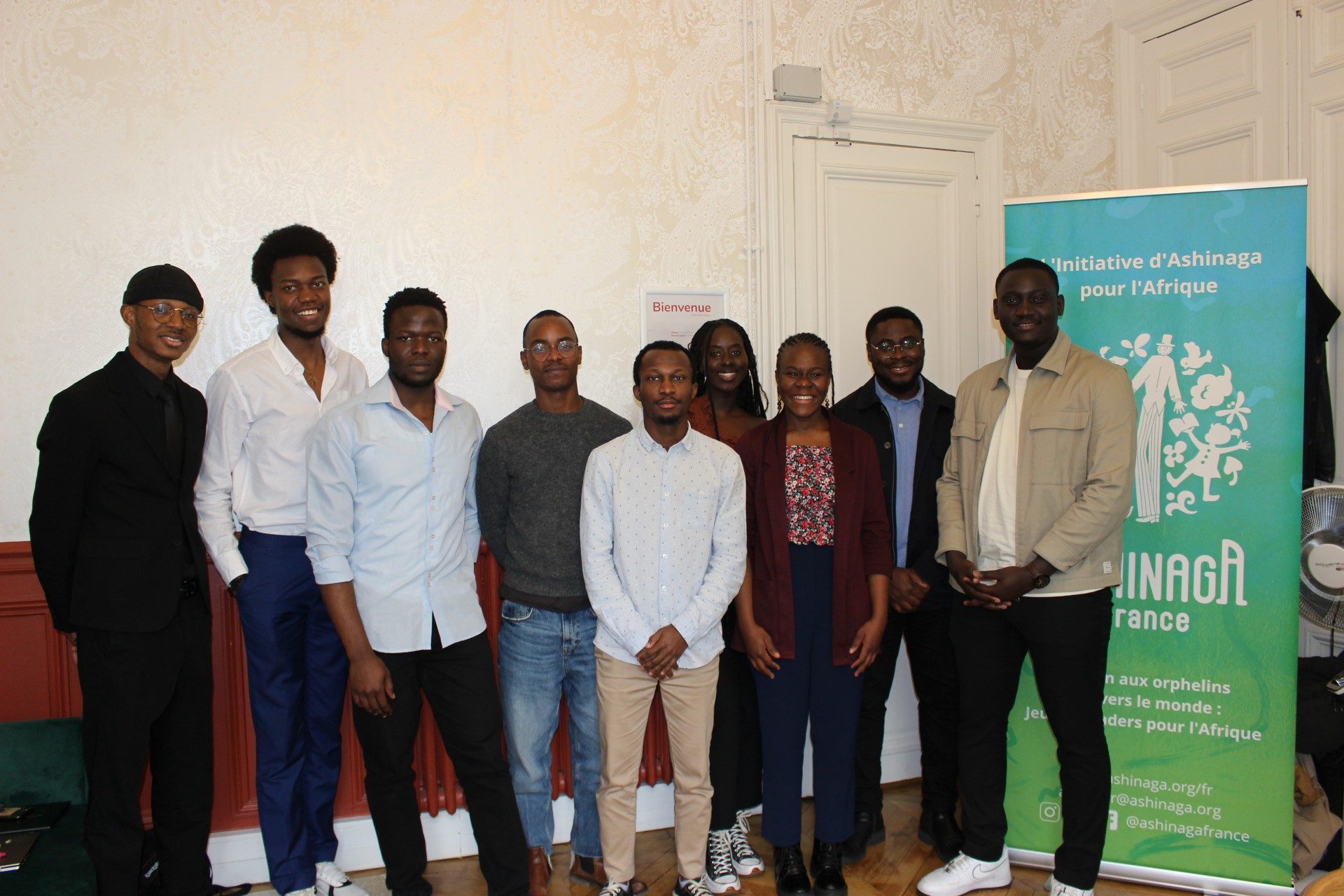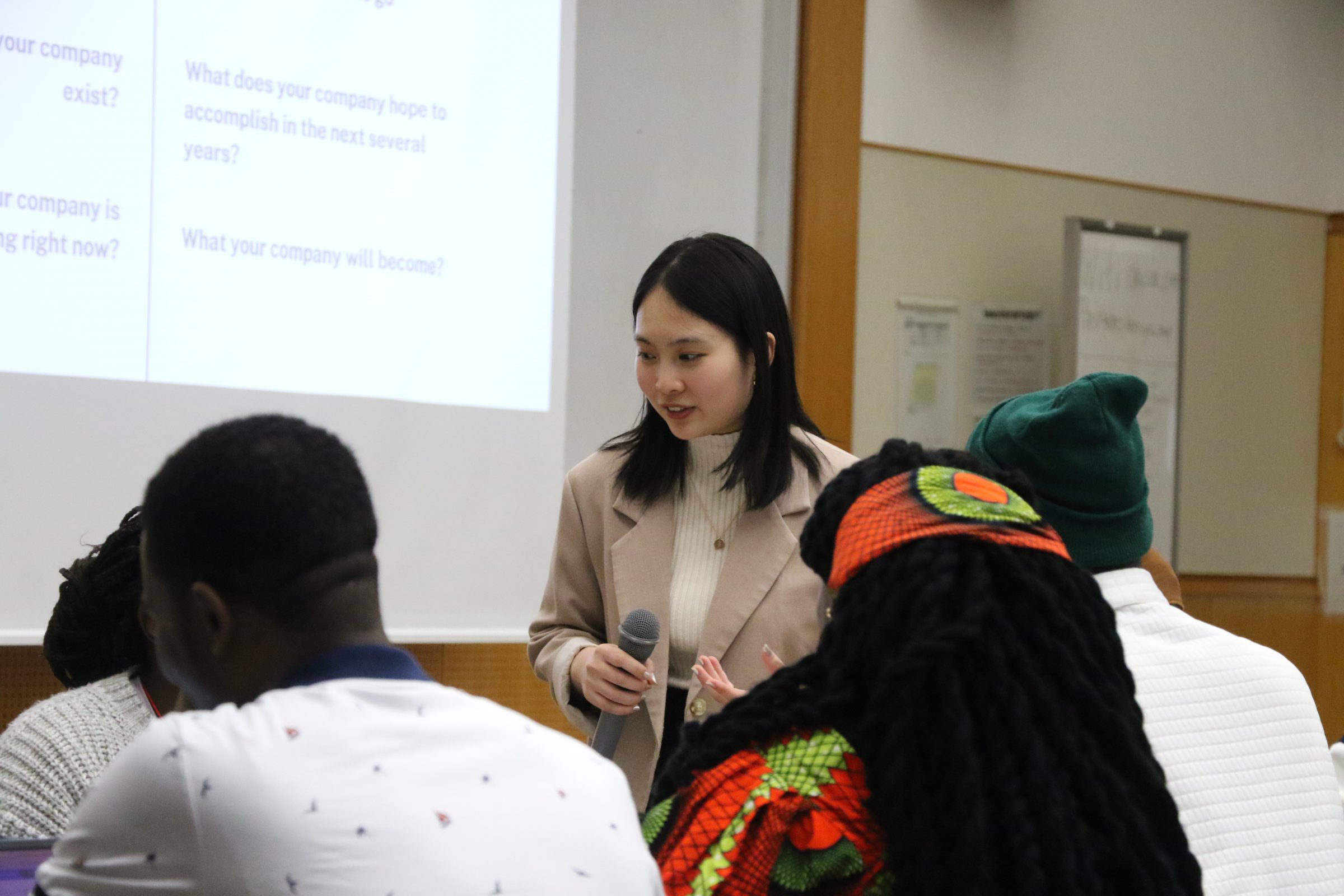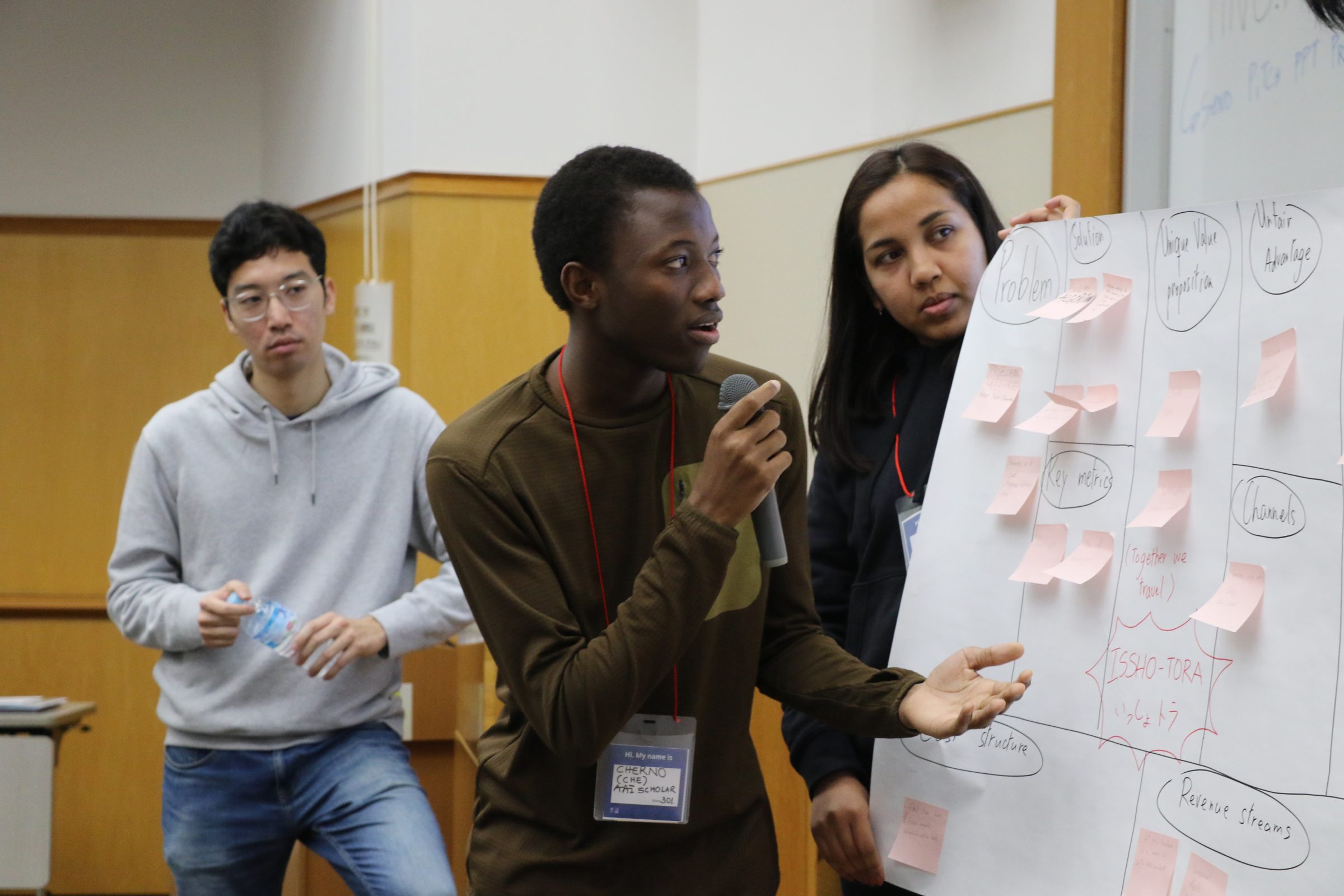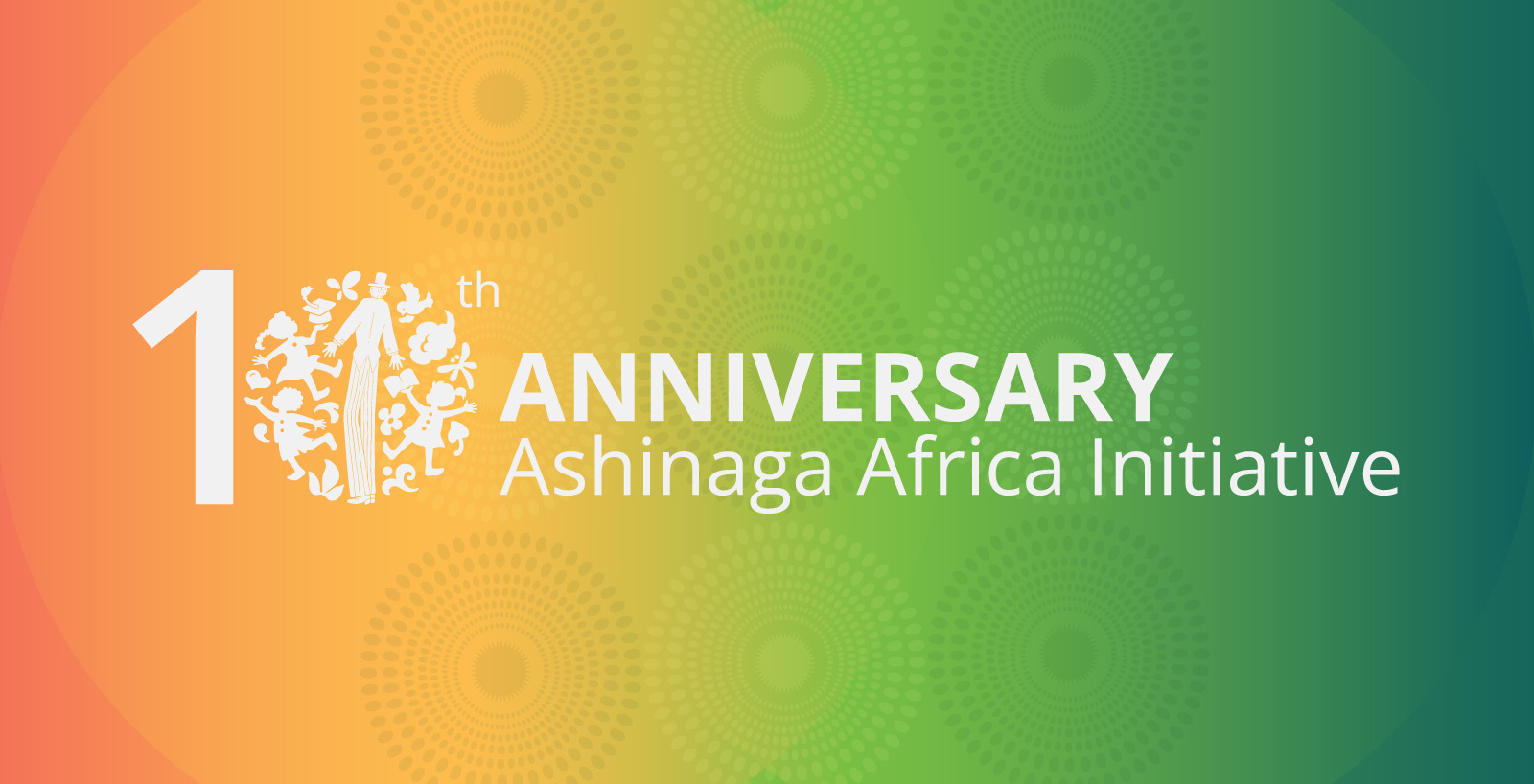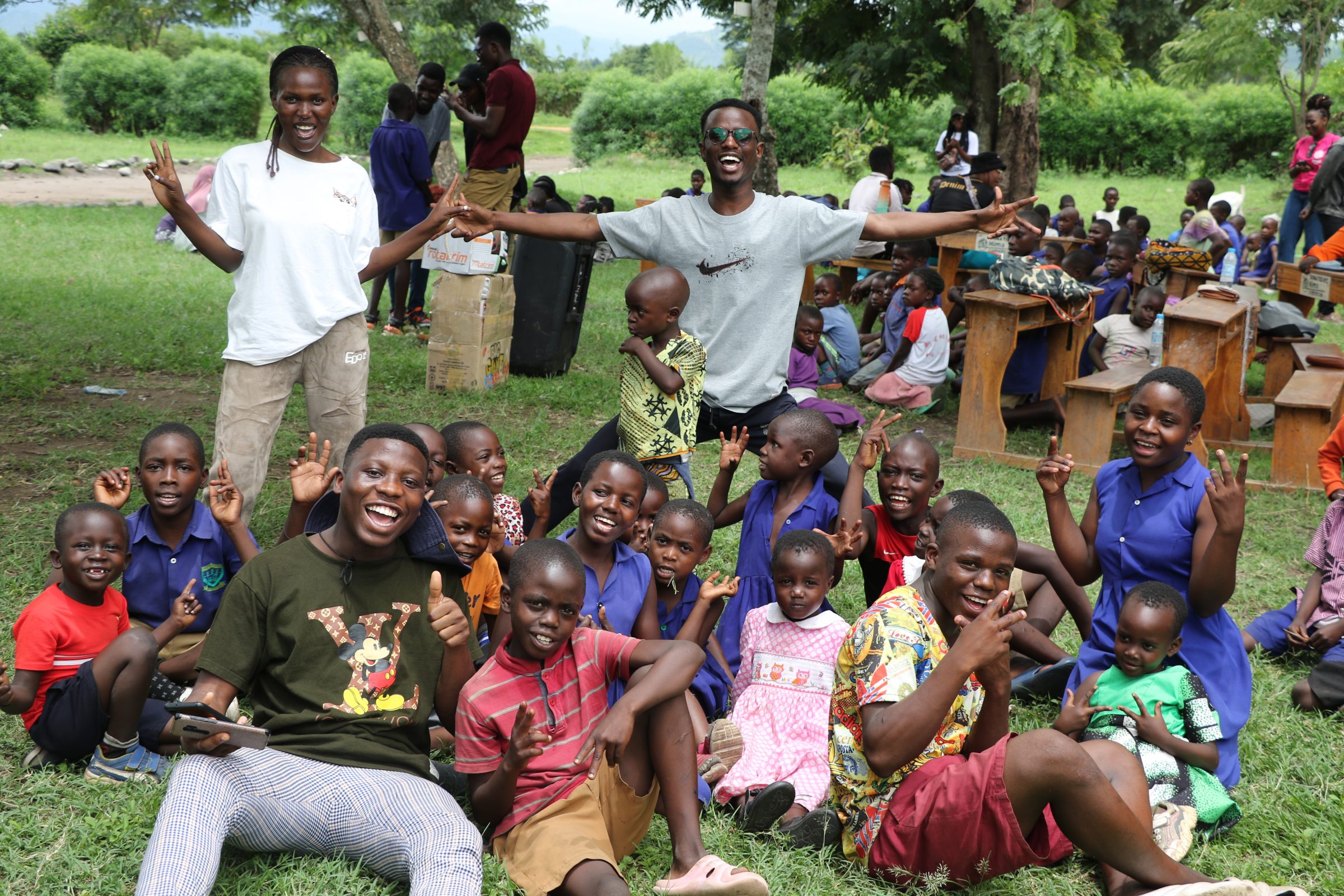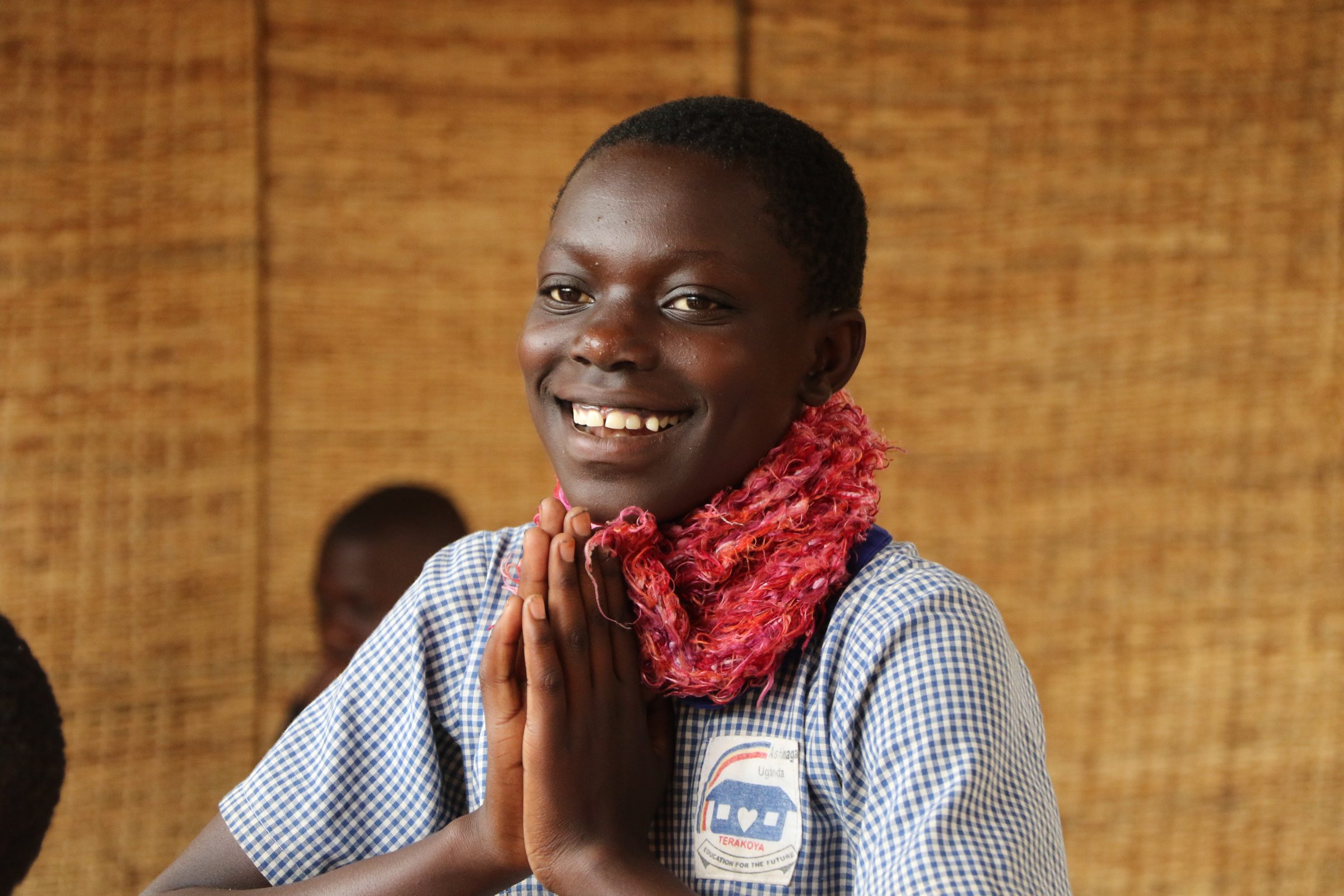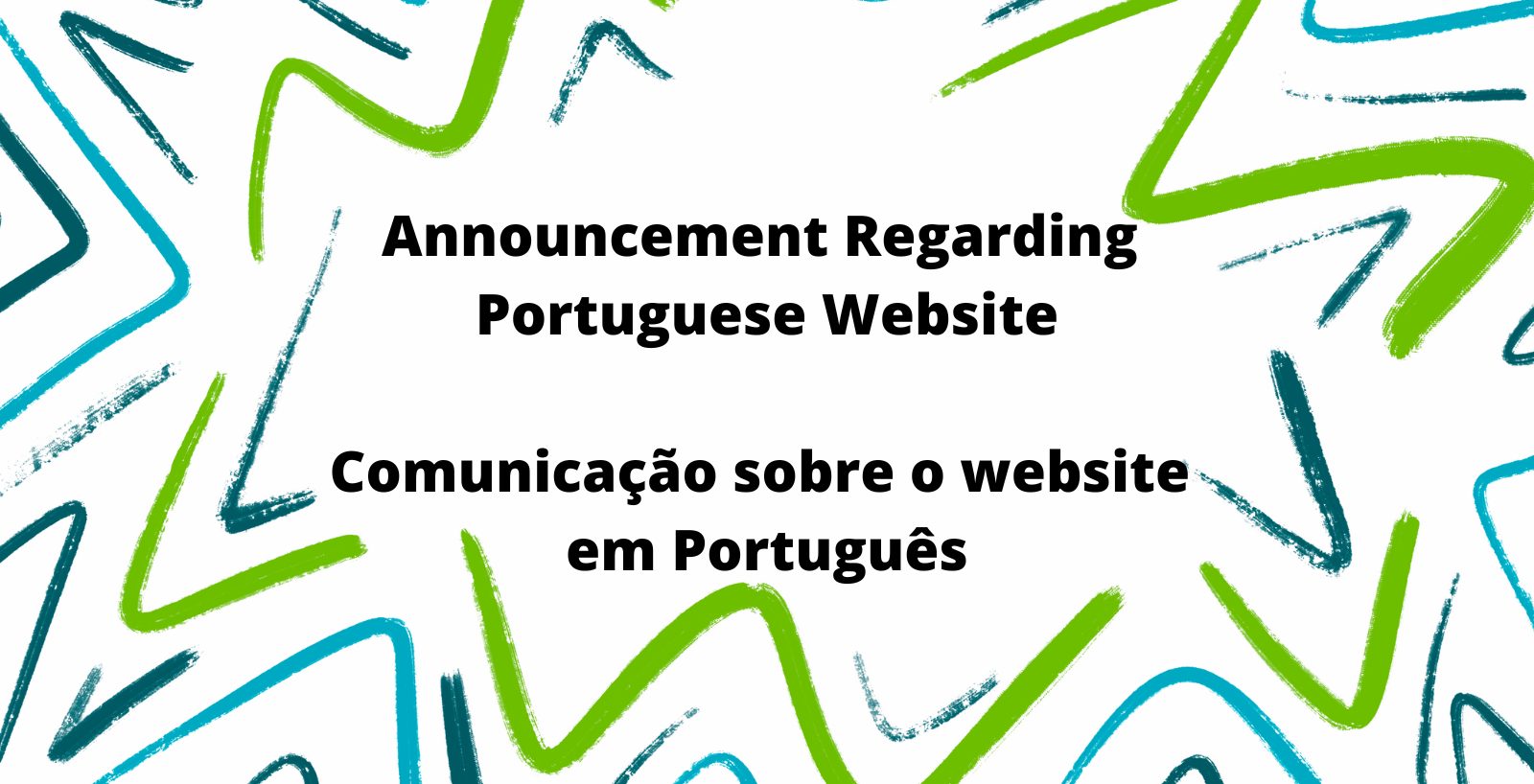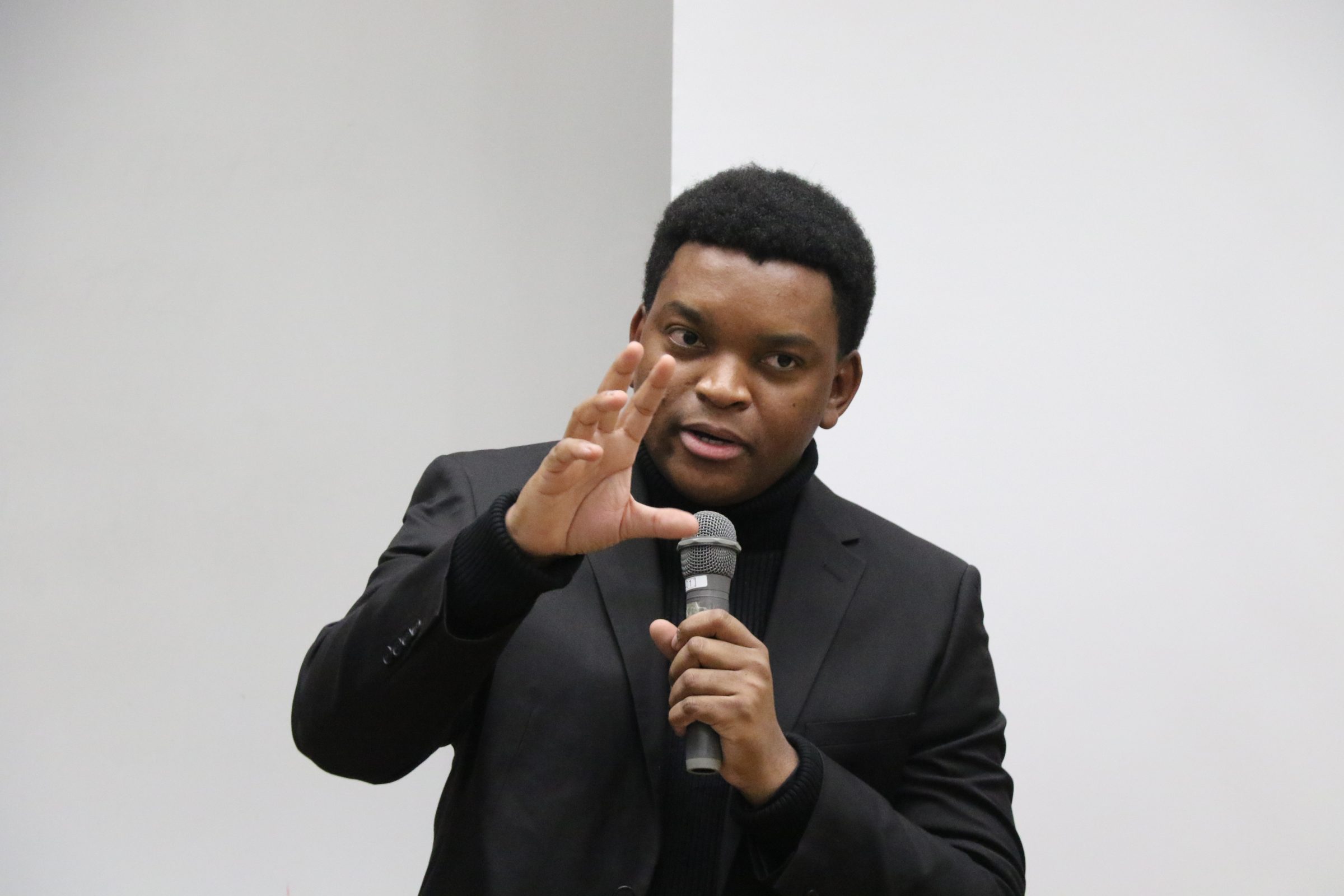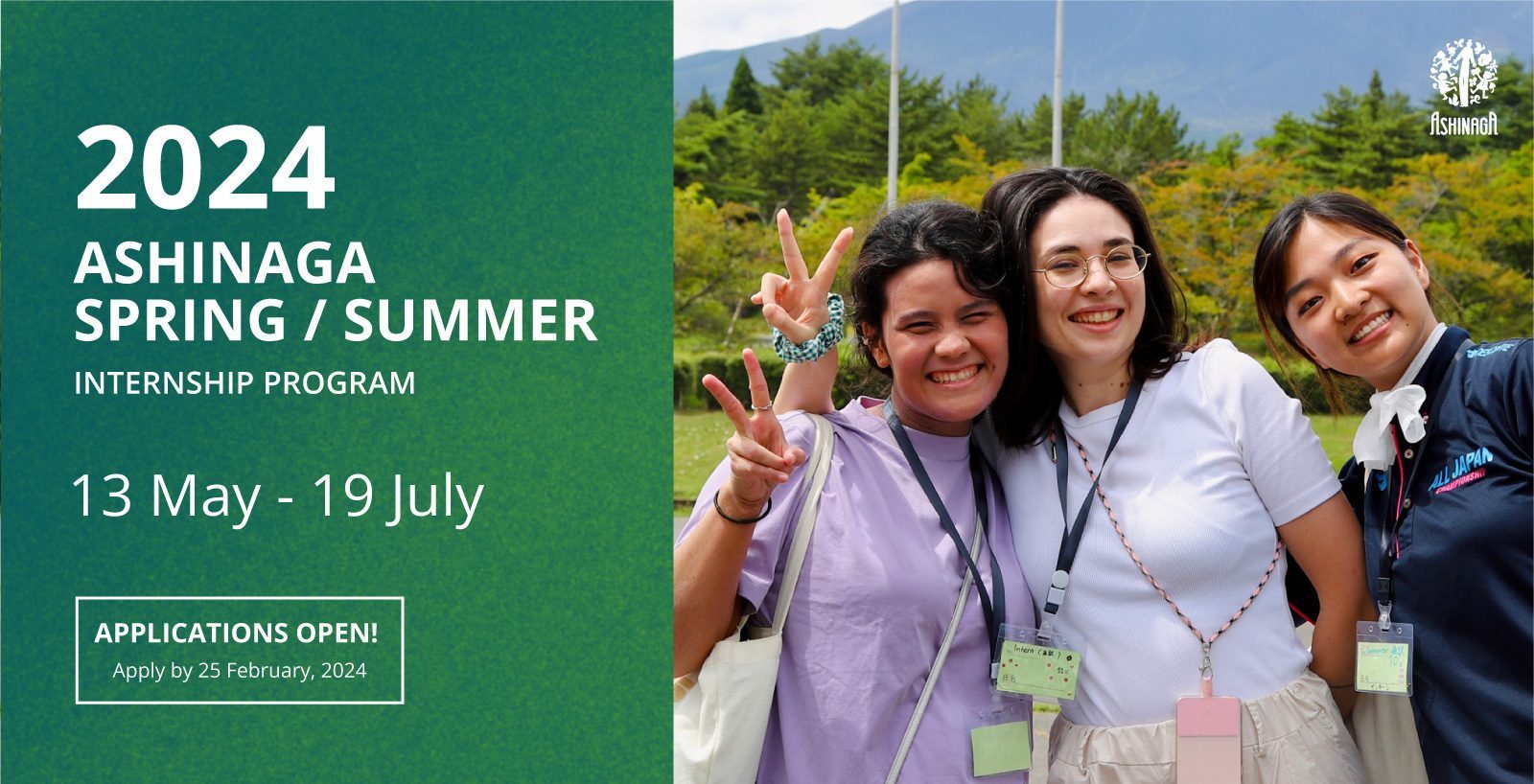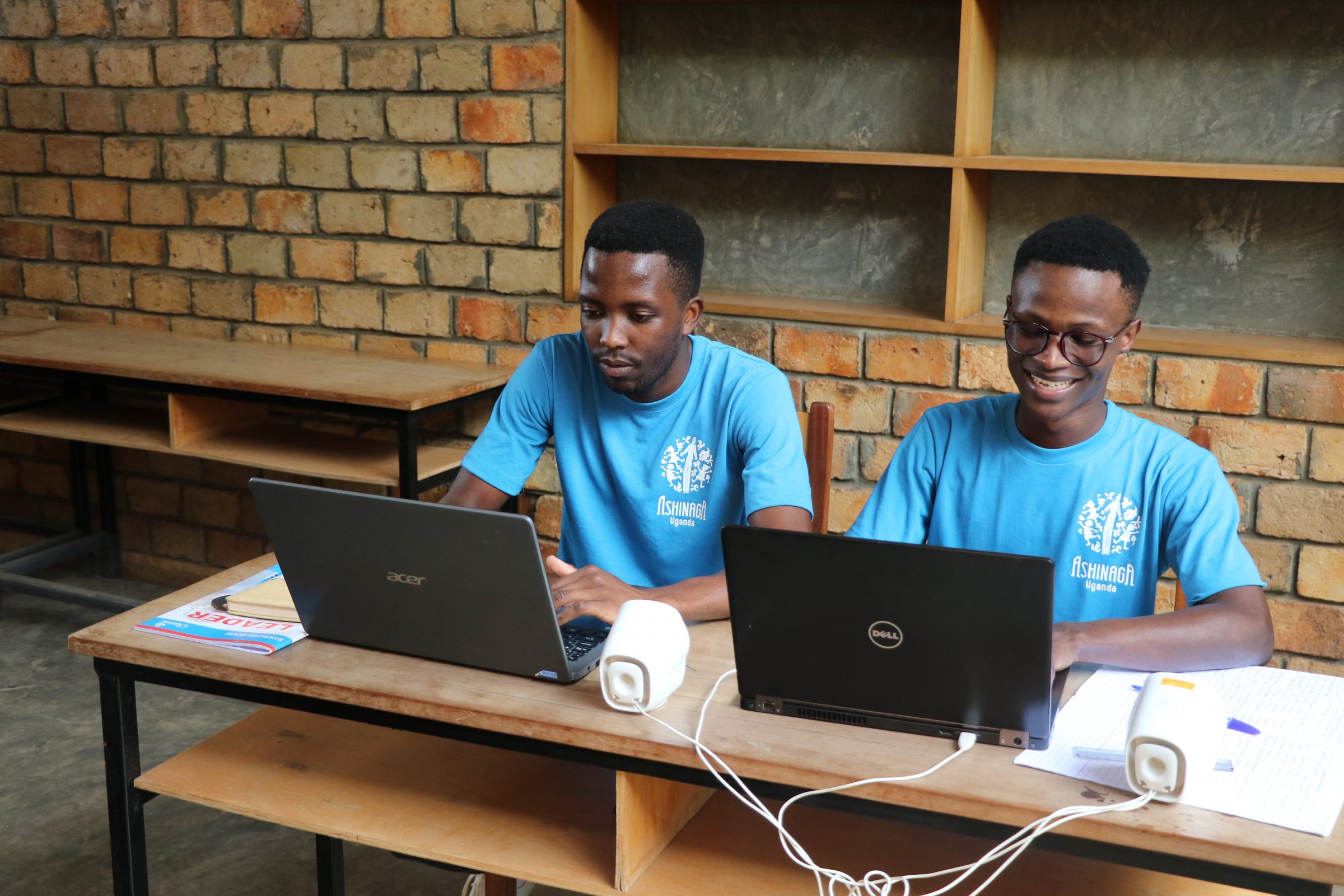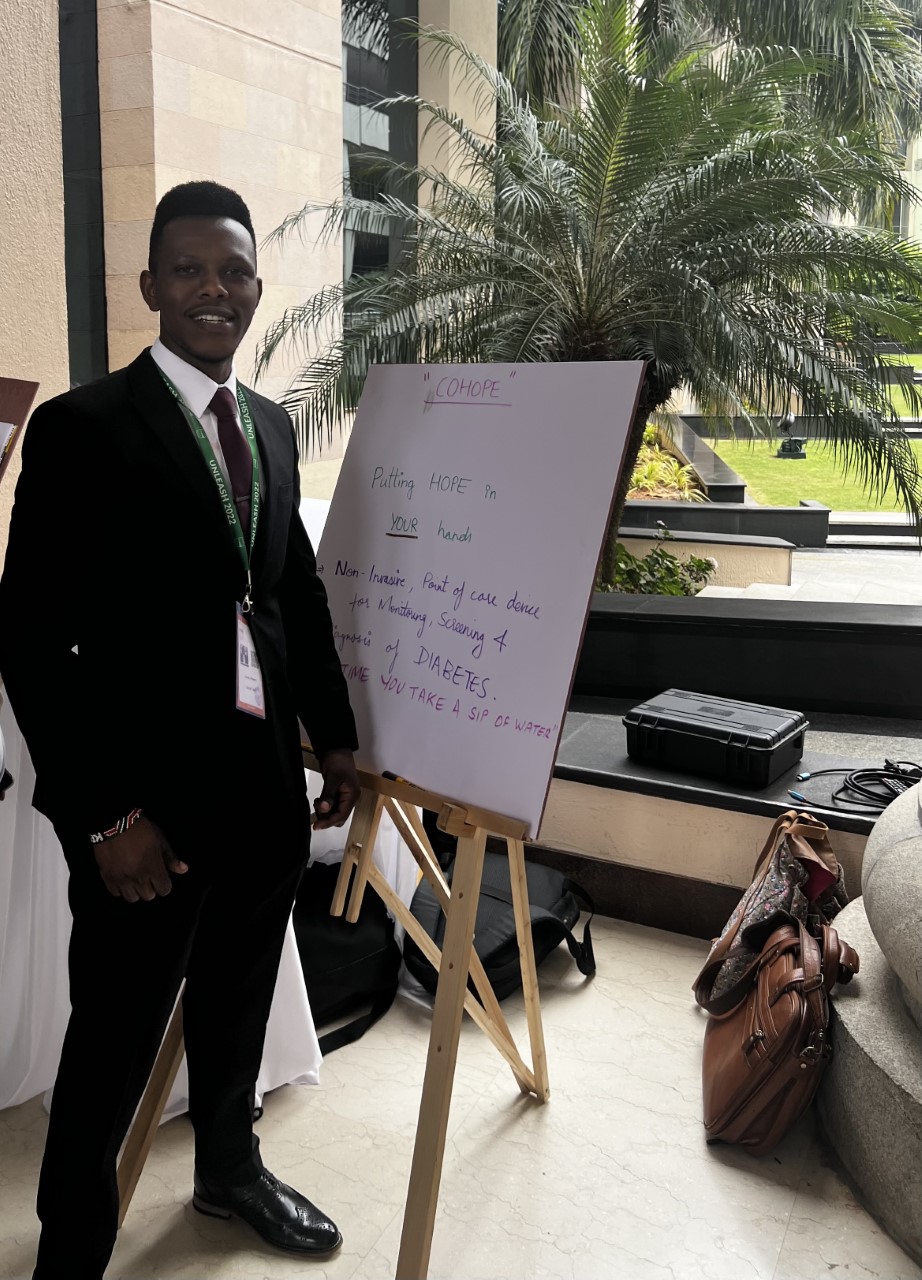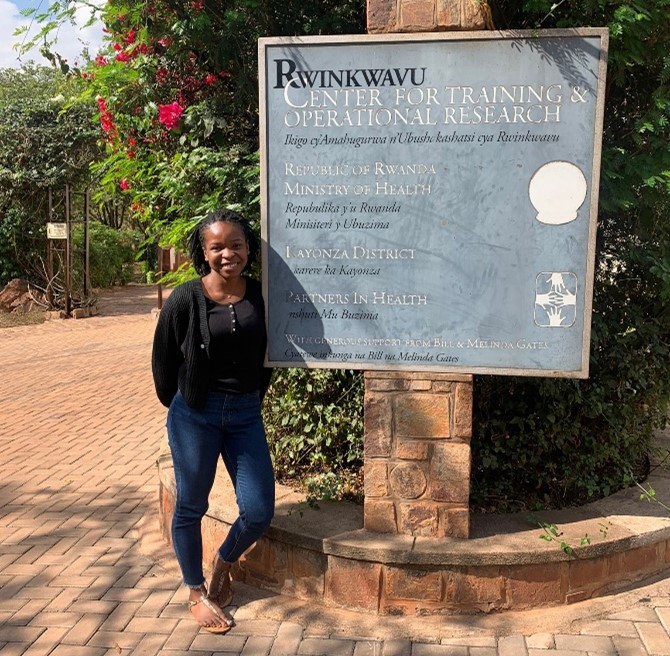Reflections on a Remote Preparation Year
An integral component of the Ashinaga Africa Initiative (AAI) is the Preparation Year, where AAI candidates complete a Study Camp and a Preparation Camp to develop their academic and leadership skills. Candidates study towards their exams, work on completing university applications, and partake in leadership exercises to prepare them for university abroad. Francophone students complete this in Ashinaga’s Senegal office, Anglophone students go to Nansana in Uganda.
Due to the pandemic, Study Camp for Anglophone students moved online because of the international travel restrictions and the difficulty at guaranteeing student safety in the student accommodation in the case of a positive PCR test result. We had no choice but for last year’s Anglophone cohort of students to complete their Preparation Year remotely from their homes – a solution that was new to both students and staff.
Students learned how to work from home, manage time or troubleshooting a poor internet connection, stay connected with peers from 20+ different countries, develop leadership skills, and more. In a series of written interviews, students reflected on this experience with Ashinaga during a global pandemic, the challenges and similarities of remote education, and what this might mean for prospective 2022 AAI applicants.
Common challenges included internet access and restrictions caused by the lockdown. Bohang from Lesotho writes, “It was a challenge beyond my control, hence the only thing I could do was to let one of the staff members know I am having an [internet] issue.” Mustapha from Sierra Leone struggled similarly with irregular electricity access. The challenges looked differently depending on where each student was based; with closures of libraries and study rooms, it was difficult for Aman from Eritrea to find study spaces. He had limited internet access, meaning self-discipline was paramount in order to stick to his individual study schedule. As an English track student going to study in Japan, Henri from the Republic of the Congo was also challenged to partake in the Preparation Camp remotely in English, his second language.
Despite these challenges, students adapted to their remote student lifestyles. Henri held a routine of waking early to review his work, followed by some exercise, and coming home to do homework and to prepare for classes. For Deborah in Ghana, a normal day in Camp was not much different from attending a normal school: she acted as she would for regular school and found the Camps educational and generally fun. Suhayb’s routine in Somalia has him spending many hours indoors in his room. When another student, Suhayb, struggled to attend classes because of a poor internet connection, he caught up by watching the recorded lectures. Bheki from Zimbabwe started his Camp days early in the morning by replying to emails before supporting his household with chores. By noon, he was preparing and revising his coursework, and in the afternoon he partook in group calls with his peers on Zoom to work on a Social Action Engagement project. In the evenings he would dedicate a couple of hours to independent study, before winding down for bed.
Preparation Camp classes were part of a wider range of curricula that developed students’ critical thinking skills and got them to connect with their peers through bonding. They were designed to help students learn the four Ashinaga ethos of having an open mind, a warm heart, a proactive attitude, and an international outlook. Therefore, in addition to developing their English or Maths skills, Bohang said that “the critical thinking class, the bonding sessions and the rest of the classes helped to improve my personal and professional skills.”
Most students expressed some doubt and concern about what it would take to study remotely, but they were able to overcome the challenges. Describing this process, Bheki explains “I started to learn that our brain is designed in a way that it adapts to certain things it’s exposed to pretty quickly”. Most Anglophone students have now been accepted to universities and/or are waiting for their visas before starting the next chapter of their journey, with the next cohort and Study Camp already kicked off.
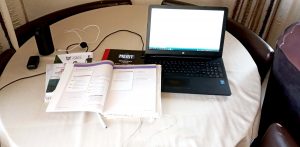
Bheki’s desk where he completed the Preparation Year
For prospective applicants, the students offered this advice:
“Even in a remote Study Camp, I had so much fun and at the same time was able to develop myself. This Study Camp was filled with interesting events and very engaging discussions. It is a very rare and unique opportunity to learn more about yourself and learning to become the leaders of your community, country, and maybe the whole continent of Africa or potentially the global at large.” – Suhayb from Somalia
“Joining the AAI during the pandemic should not be a hindrance to realizing your goal. This is because Ashinaga offers the best preparation and other alternatives that will help you prepare for the future within this pandemic. And so, with or without pandemic, we are still leaders!!!” – Deborah from Ghana
Interested in becoming a future leader with Ashinaga? Registrations are currently open! Register your application here: https://ashinaga.smapply.net
